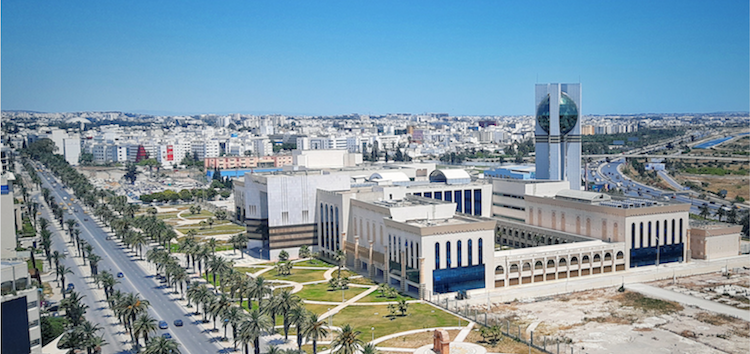Tunisia, the smallest country in North Africa, has emerged as an attractive investment destination for businesses looking to expand in the African market. The country's strategic location, political stability, business-friendly environment, and competitive incentives make it an ideal investment hub for both local and foreign investors.
Geographical Advantage and Infrastructure Development
Tunisia's unique geographical location between the European and African continents provides it with a strategic advantage for businesses aiming to expand in these markets. The country has invested significantly in improving its infrastructure, including its ports, airports, highways, and railways, making it an accessible destination for investors across the globe.
- The country has two international airports - Tunis-Carthage and Enfidha-Hammamet - that connect Tunisia with major global cities.
- The country's Mediterranean coastline hosts several commercial and container ports, facilitating trade with European markets.
- The Tunisian government has recently launched the Tunisia Economic City project, aiming to position Tunisia as a crucial regional hub in the Mediterranean and boosting foreign investment opportunities.
Political Stability and Regulatory Environment
Post-revolution Tunisia has demonstrated its commitment to reforms and transitioning toward a democratic regime. The country maintains political stability, contributing to its image as a responsible and trustworthy investment destination.
- Tunisia ranks 56th out of 140 economies in the Global Competitiveness Report 2019 by the World Economic Forum, highlighting the country's commitment to creating a conducive business environment.
- The Tunisian government continues to introduce legislative reforms aimed at improving the investment environment, including amendments to the Commercial Companies Code and the Investment Code.
Growing Economy and Competitive Cost Structure
Tunisia's economy has been steadily growing with a GDP growth rate of 2.5% in 2019, offering numerous opportunities for investment and growth. The country's competitive cost structure adds to its appeal for businesses, particularly within the manufacturing, services, and technology sectors.
- Tunisia boasts a competitive labor cost, which is lower than Eastern Europe and most Mediterranean countries.
- The government offers tax incentives for specific sectors, such as industry, agriculture, and research & development, allowing businesses to save on costs.
- Tunisia has a diverse economy with strong sectors such as ICT, tourism, automotive components, and aerospace, offering several potential niches for investment.
Human Capital and Research & Development
Tunisia benefits from a highly skilled and educated workforce, with almost 80% of the population being literate. The country's commitment to research & development is evident through its numerous institutions, research centers, and incentives in place to fuel the growth of technology-driven industries.
- Tunisia has four public institutions dedicated to technological research and innovation: the National Institute of Applied Science and Technology, the National School of Computer Science, the National Institute of Marine Sciences and Technologies, and the National Institute of Standardization and Industrial Property.
- The Tunisian government offers tax incentives for businesses engaged in research and development activities, further driving innovation and growth.
Investment Incentives and Support
The Tunisian government offers a wide range of investment incentives to attract and retain both local and foreign investments, including:
- Tax exemptions for specific sectors and regions.
- Customs duty exemptions on the import of capital goods and raw materials.
- Simplified administrative procedures for registration and licensing.
- Access to financing through various government-supported programs.
Frequently Asked Questions
Why is Tunisia considered a smart investment destination?
Tunisia is a smart investment destination due to its strategic location, political stability, business-friendly environment, competitive cost structure, developed infrastructure, educated workforce, and government investment incentives.
What are the key sectors for investment in Tunisia?
Key sectors for investment in Tunisia include ICT, tourism, automotive components, aerospace, and research & development.
What incentives does the Tunisian government offer to investors?
The Tunisian government offers tax exemptions, customs duty exemptions, simplified administrative procedures, and financing programs to attract and retain foreign and local investments.
